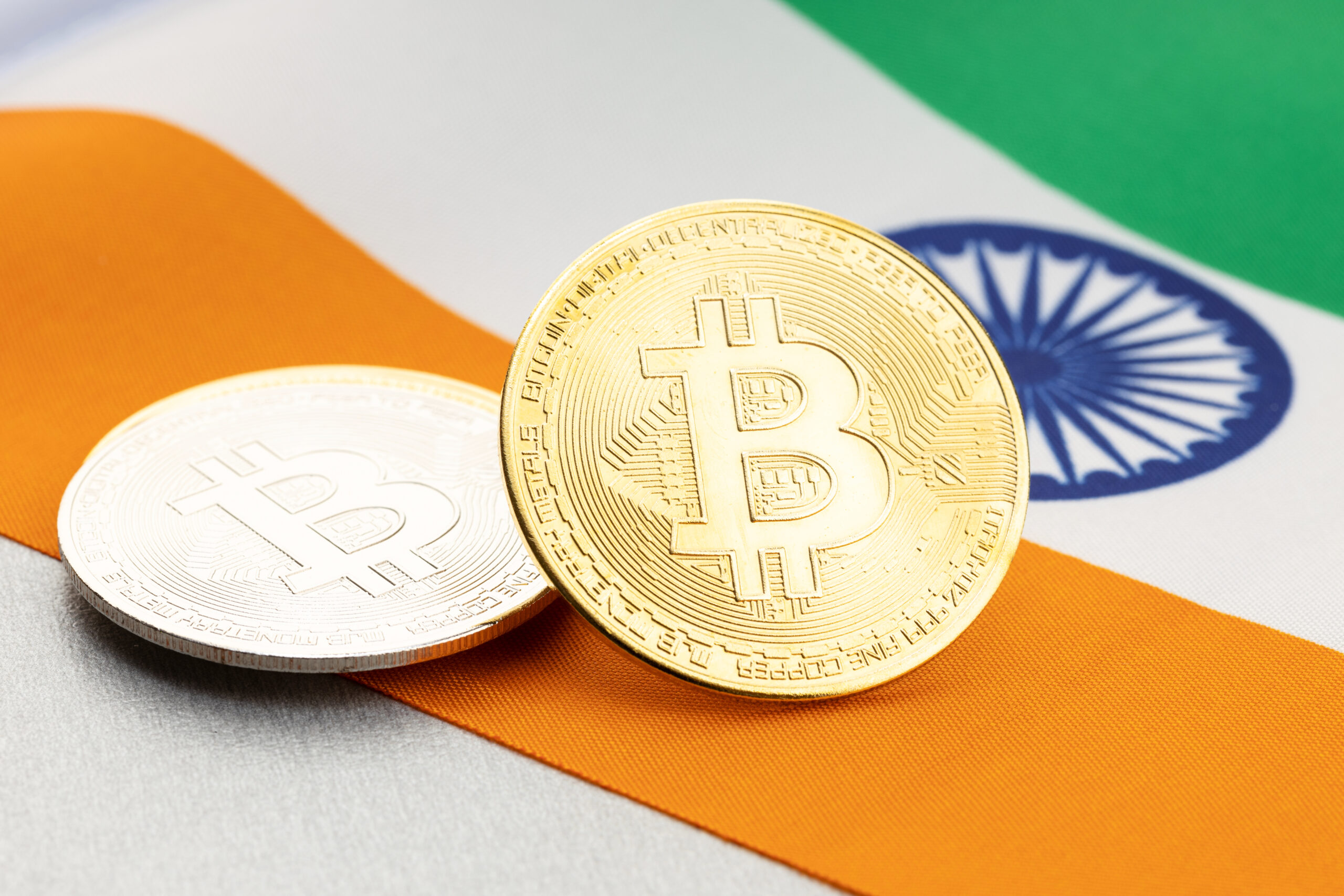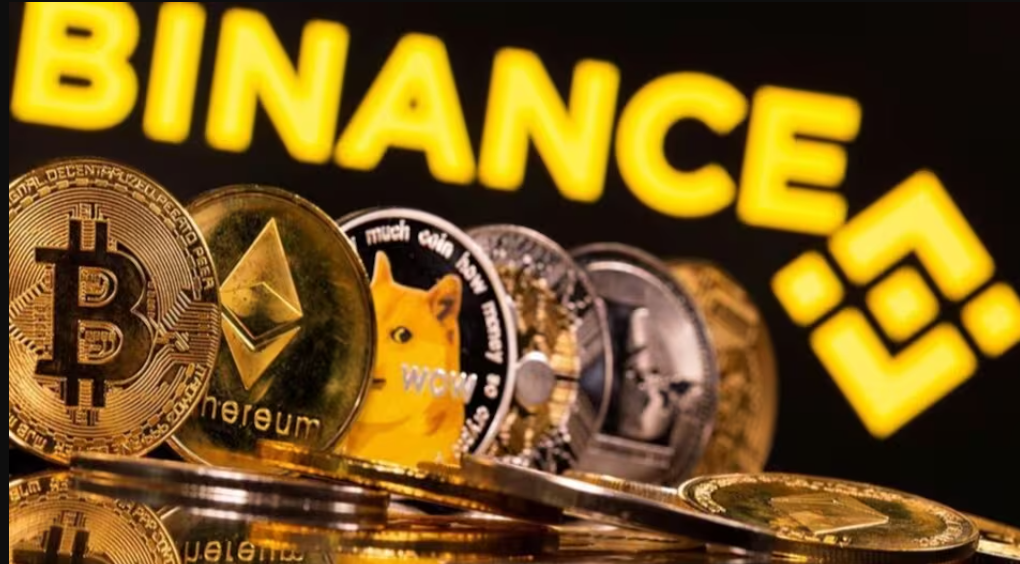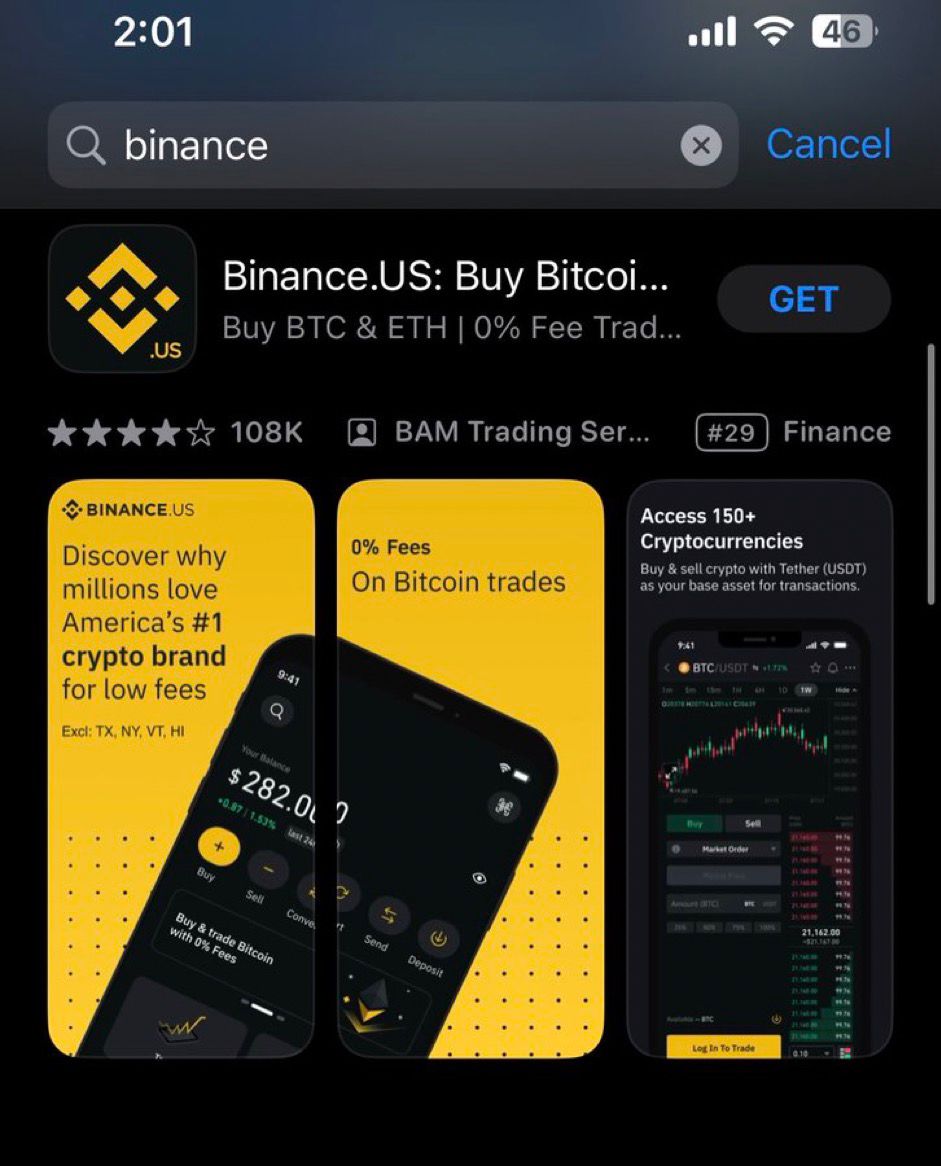Highlights
- Apple delists major crypto exchanges, including Binance, from its Indian App Store.
- Indian Government enforces strict KYC norms for crypto platforms.
- Supreme Court’s taxation rulings on cryptocurrency transactions in India.
- Financial Intelligence Unit of India’s concerns prompt removal of non-compliant crypto apps.
Apple has recently delisted several cryptocurrency exchange applications from its App Store in India including Binance, considered the world’s biggest crypto exchange.
This action is said to have been taken in response to directives from the Government of India and concerns raised by the Financial Intelligence Unit of India regarding non-compliance with the country’s anti-money laundering regulations.
Government’s Stand on Cryptocurrency

The Indian government had previously issued notifications to various cryptocurrency platforms, stressing the need for strict adherence to the country’s financial laws.
This includes rigorous Know Your Customer (KYC) procedures for users of these platforms.
Major international crypto exchanges like Binance, KuCoin, Kraken, and OKX were among those affected by this decision due to their failure to meet these regulatory requirements.
Cryptocurrency Regulation in India

In India, the legal status of cryptocurrencies is complex.
While not officially banned, they are not recognized as legal tender either.
The Reserve Bank of India has attempted to impose a ban, but the Supreme Court intervened, imposing a 1% Tax Deducted at Source (TDS) on crypto transactions and a 30% tax on profits from crypto trading.
This move was aimed at curbing the misuse of digital currencies and ensuring transparency in transactions.

Some Indian cryptocurrency exchanges like CoinDCX, CoinSwitch, and WazirX have managed to operate within the legal framework by complying with the necessary laws, including maintaining detailed KYC records of their users.
However, certain decentralized exchanges still permit crypto trading without stringent identity verification.
Money Laundering Concerns Prompt Action

The anonymity and ease of transfer associated with cryptocurrencies are raising significant concerns about potential money laundering activities.
This prompted the Financial Intelligence Unit of India to recommend stringent action against non-compliant apps, leading to their removal from the Apple App Store.
While these apps have been removed from Apple’s platform, they are still accessible via their respective websites.
Also, the apps are still available on the Google Play Store, although there is a possibility that Google also will follow in Apple’s footsteps.

The Finance Ministry of India has emphasized that entities dealing in cryptocurrencies, fiat currencies, and other virtual assets must register with the FIU-IND and adhere to the Prevention of Money Laundering Act (PMLA) 2002.
Non-compliance is likely to lead to further restrictions or a complete ban of the platforms in India.
As of now, there has been no official response from Binance or the other affected exchanges regarding this development.
FAQs
Why were cryptocurrency exchange apps removed from Apple’s App Store in India?
Apple removed several cryptocurrency exchange apps, including Binance, from its App Store in India following directives from the Government of India and the Financial Intelligence Unit.
The removal was due to these apps’ non-compliance with India’s anti-money laundering laws and KYC regulations.
What is the current legal status of cryptocurrencies in India?
In India, cryptocurrencies are in a complex legal area. They are not banned but also not recognized as legal tender.
The Reserve Bank of India attempted a ban, but the Supreme Court imposed tax regulations instead, such as 1% TDS on transactions and 30% tax on profits from crypto trading.
What are the KYC requirements for crypto exchanges in India?
The Indian government requires crypto exchanges to perform stringent Know Your Customer (KYC) procedures.
This regulation aims to enhance transparency in transactions and prevent misuse of digital currencies.
Are all crypto exchange apps affected by this removal in India?
Not all crypto exchange apps are affected. Indian exchanges like CoinDCX, CoinSwitch, and WazirX, which comply with local laws, remain operational.
The removal specifically targets international exchanges failing to meet regulatory standards.
How Crypto platforms react on apps being removed ?
Binance notified users on X, that they are aware of the new changes and existing app users’ funds will be safe.
“We are aware of new changes that have been introduced regarding crypto exchanges on the iOS App Store in India, impacting the Binance App.
The ongoing situation is not unique to #Binance and we remain committed to complying with local regulations and maintaining dialogue with regulators worldwide to ensure the continued availability of our services,” Binance said on X.
The post added, “Please note that existing app users will not be impacted.
We will continue to work with regulators to resolve the situation and will share updates here.”
To attract stranded users of the offshore platforms, Gupta took to X (formerly Twitter) to share that CoinDCX has started a $1-million Treasury Fund, through which it will offer 1 percent bonus to users depositing their VDA between January 9 and 18, 2024, with the platform.
“By asking offshore exchanges to register with the FIU-IND, the idea is to increase compliance with Indian laws on taxation, the Prevention of Money Laundering Act (PMLA), and KYC norms,” Ashish Singhal, Co-founder and Group CEO, PeepalCo & CoinSwitch wrote on X.
Singhal added, “This will help: a) create a level playing field between Indian & offshore exchanges, b) fortify compliance guardrails, and c) enhance consumer protection.”
What was the Government Crackdown last month ?
Late last month, FIU-IND raised concerns about the legality of operations by these exchanges in India.
On December 28, show cause notices were sent to nine cryptocurrency exchanges – Binance, Kucoin, Houbi, Kraken, Gate.io, Bittrex, Bitstamp, MEXC Global, and Bitfinex.
The allegations centered around their failure to register and adhere to local tax regulations.
What’s Apple’s Swift Response been to the government crackdown?
Responding swiftly to the regulatory warnings, Apple decided to pull the apps of these exchanges from its App Store in India.
While this move restricts new users from downloading the apps, existing Indian users who had already installed them can still access and use the applications on their iPhones.
As of now, the apps are still available on the Google Play Store in India, and the exchanges’ websites remain accessible.
However, there is speculation that Google may follow Apple’s lead and remove these apps from its Play Store, given the similar regulatory concerns raised by FIU-IND.
How did Offshore Exchanges Face Regulatory Scrutiny?
The issue of offshore exchanges operating without registration in India surfaced in early December during a session in the Lok Sabha.
In response, the finance ministry released a list of 28 registered crypto and virtual digital asset (VDA) platforms complying with anti-money laundering and countering financing of terrorism (CFT) guidelines under the Prevention of Money Laundering Act (PMLA).
Subsequently, show-cause notices were issued to major offshore platforms, including Binance and Kraken.
Also Read: RBI Wants to Ban Cryptocurrencies; Says Finance Minister Nirmala Sitharaman
Also Read: What is Cryptocurrency?
